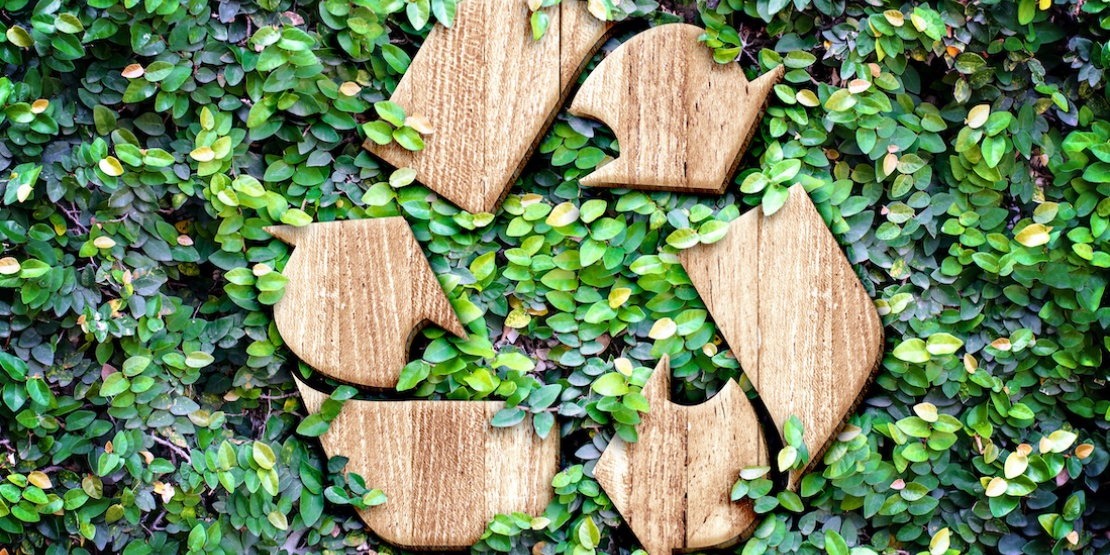Faced with the climatic and ecological emergency, a collective awareness is taking place. Against the background of the European Green Deal, companies have a major role to play in contributing to the objective of carbon neutrality by 2050. Companies can act through the use they make of their resources, moving towards a cleaner, more circular economy. In this regard, the procurement function has a major role to play by making the choice to reuse, that is to say by favouring buying used or second-hand objects. A particularly widespread solution is the purchase of refurbished products, starting with computer equipment and telephony.
The boom of the second hand
Boosted by ecological and civic motives, the second-hand market is booming around the world. These new modes of consumption, which favour circularity rather than linearity, are being introduced into the procurement function. This is explained by the fact that second-hand objects reconcile economic and environmental issues, which are of capital interest for organisations. Indeed, this makes it possible to acquire a product at a lower cost, while extending the life of the latter. This promotes lower carbon consumption, and thus reduces the environmental impact of business purchases.
Of course, the second-hand market remains complementary to the new market, which offers ever more innovative and efficient products. Finally, the balance between these two worlds is the key. This way, objects will have a richer life cycle: a new product can easily embark on the path of reuse without losing its use value, until it is recycled.
Used objects vs reconditioned products
In the world of second-hand, two main categories can be distinguished:
- Used items are not subject to any inspection or test by a professional, and generally do not benefit from a guarantee. These are most often products sold by individuals.
- Reconditioned products refer to products to which an industrialist offers a second life. These are tested, refurbished, and repackaged by professionals. They also carry a warranty of varying duration, depending on the seller.
However, although reconditioned products are fully functional, they are not all in the same condition. So that customers can judge, the objects are generally classified by grade:
- 1st grade: the product is in excellent condition. It has no signs of use, it is like new.
- 2nd grade: the product is in very good condition, with some slight wear marks such as micro-scratches.
- 3rd grade: the product is in good condition with some signs of wear (scratches, scuffs, impacts, etc.).
The great favourites of reconditioned products
On the reconditioned products market, we mainly find computer equipment and telephony, all brands combined: computers, smartphones, tablets, various accessories, etc. Those products that represent the main source of global digital impact![1]
This is a sector that is particularly well structured, with the appearance of many players in recent years. These professionals are able to audit, test, repair and clean the devices completely, recondition them in individual packaging with compatible accessories, provide after-sales service, and even quantify the positive impact in order to enhance the process. Any company therefore has access to high-performance reconditioned products, with traceability and quality service. For end users, the experience is identical to that which they could have with a new product.
For the procurement function, it is also a guarantee of gaining in economic efficiency. As reconditioned products are sold below prices of new products, buyers can expect to save up to 70% per device, according to market experts.
Last but not least, the procurement function will be able to respond to the ecological imperative with these reconditioned products. You should be aware that the average lifespan of an electronic device is only a few years. This is too little given the environmental impact of their manufacture, especially when it comes to laptops, tablets and smartphones, which are among the most polluting devices.
A study produced for the United Nations by two academics, Eric Williams and Ruediger Kuehr, is authoritative on the subject. They estimate that manufacturing a desktop computer requires 240 kg of fossil fuels (10 times the weight of the computer itself), 22 kg of chemicals, and 1.5 tonnes of water. In addition, these devices contain significant quantities of heavy metals (lead, mercury, cadmium and chromium), which present risks for the health of workers and for the environment. Faced with this observation, the authors emphasise the interest of reuse: "Because so much of the energy used over the life cycle of a computer is in manufacturing high-tech components, which are usually destroyed in recycling processes to recover raw materials, the energy-saving potential of reselling or upgrading is some 5–20 times greater than recycling." [2]
Reconditioned products thus represent a particularly attractive option for procurement departments wishing to adopt a responsible procurement approach and optimise their expenditure, without compromising on quality. Giving objects several lives, reducing waste, promoting the circular economy: these are the new action levers of a responsible company.
- Download our white paper “Purchasing Policy and CSR”
[1] GreenIT.fr, Environmental footprint of the digital world, 2019
[2] Kuehr, Ruediger & Eric Williams (eds.): Computers and the Environment: Understanding and Managing Their Impacts, Kluwer Academic Publishers, EcoEfficiency in Industry and Science Series, Dordrecht/NL, October 2003, 300 pages









